School Life Posts on Crowch

For thousands of international students dreaming of studying in the United States, one of the biggest concerns is how to afford tuition, housing, and living expenses. The good news? American universities, government institutions, and private foundations offer a wide variety of scholarships and financial aid programs that can make this goal achievable — even for those with limited resources.
However, the path to receiving financial support isn’t always straightforward. Let’s explore the realities behind scholarships in the U.S., the different types, how to improve your chances, and which universities are more open to helping international students.
💸 Need-Based Scholarships: Help When You Can’t Afford Tuition
One of the most common types of financial aid in the U.S. is need-based assistance. This means the scholarship is awarded based on your financial situation — if you can demonstrate that you cannot afford the cost of studying and living in the U.S., you may be eligible for help.
These scholarships can come from:
- The university itself
- State or federal government programs
- Private organizations or charities supporting international students

However, there’s a challenge: admitting that you need financial help may affect your chances of being admitted. Many universities — especially those with limited budgets — are need-aware, meaning your financial status is considered when evaluating your application. If two students have similar academic records, but one can pay full tuition and the other cannot, the paying student might have an advantage.
🏅 Merit-Based Scholarships: Rewarding Your Achievements
If your academic achievements shine, you may be eligible for merit-based scholarships — financial awards given for exceptional talent, grades, or accomplishments, regardless of your income.
Merit-based aid can be awarded for:
- High GPA or class rank
- Outstanding test scores (SAT, ACT, TOEFL, IELTS)
- National or international competition wins
- Volunteer experience and leadership in community projects
- Excellence in sports — especially if you’ve competed at a national level
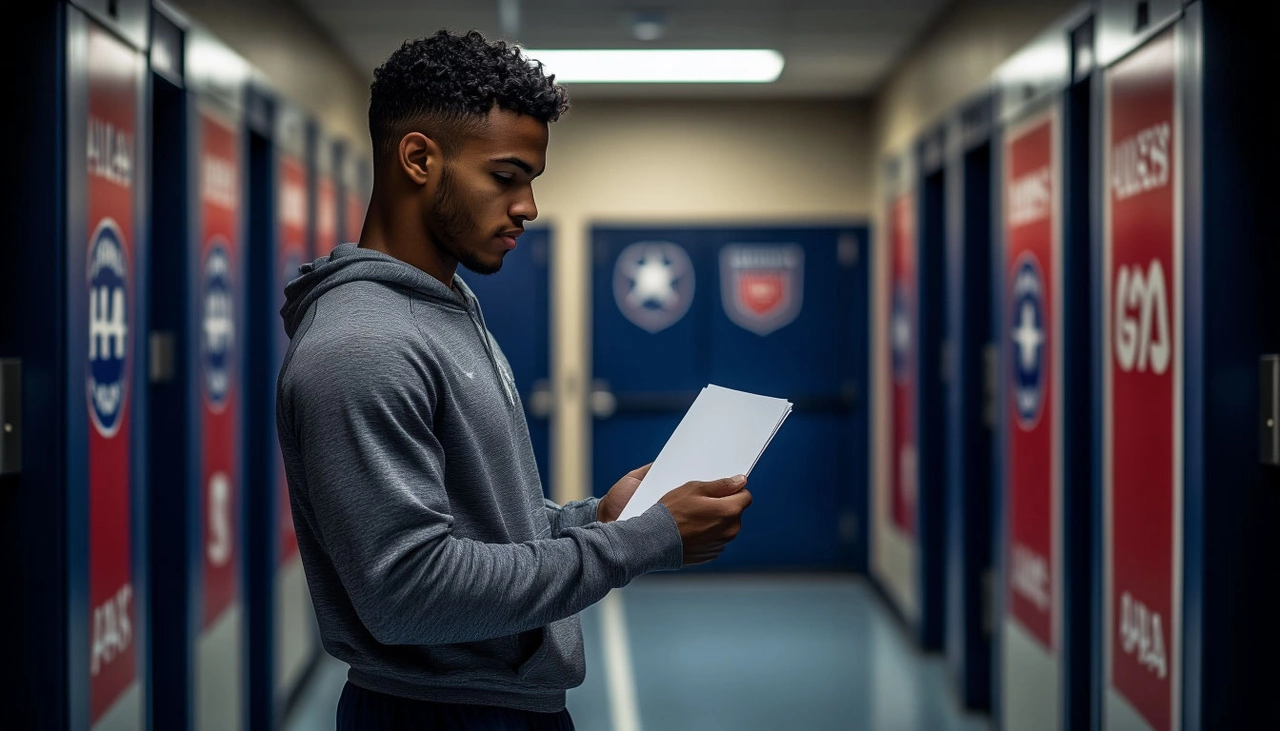
🏛️ Need-Blind vs. Need-Aware: Which Universities to Target
Not all U.S. universities treat financial aid requests the same way. Some are need-blind — meaning they do not consider your financial situation when deciding whether to admit you. This is ideal for international students seeking both education and financial support.
Here are some top-tier need-blind universities for international students:
- Harvard University
- Yale University
- Princeton University
- MIT (Massachusetts Institute of Technology)
- Amherst College
- Dartmouth College
- Georgetown University
These institutions often offer generous aid packages and meet 100% of demonstrated financial need — but they’re also extremely competitive. Most other universities are need-aware — they will evaluate your finances when reviewing your application. This doesn’t mean you won’t be accepted or get help, but your financial need could influence the final decision. That’s why it’s crucial to research each university’s policy in advance.
🧭 Smart Tips to Boost Your Chances
- Start early: Application deadlines for scholarships can be earlier than general admission.
- Apply broadly: Don’t limit yourself to one or two schools. Widen your options.
- Craft a strong application: Personal statements, recommendation letters, and resumes matter.
- Be honest: Misrepresenting your finances could backfire during the visa process.
- Look for external scholarships: Organizations like Fulbright, DAAD (for Germans), and regional foundations also support students studying in the U.S.

🎓 Final Thoughts
While applying for scholarships in the U.S. can be daunting, it’s absolutely possible to receive financial support — even as an international student. Whether through need-based aid, merit scholarships, or sports programs, the key is to stay proactive, well-informed, and persistent.
Remember: universities in the U.S. are not just looking for students who can pay — they want talented, passionate individuals who will contribute to campus life and succeed beyond graduation.
So, polish your application, showcase your strengths, and aim high — your American dream might be closer than you think. 🇺🇸✨

Planning to study in Germany? Then you might encounter a crucial term: VPD, or Vorprüfungsdokumentation. This document acts as the official validation of your academic background — a gatekeeper that determines whether your previous education meets German university standards. If you're an international applicant, especially from non-EU countries, chances are you’ll need to go through Uni-Assist, an organization that evaluates foreign academic credentials on behalf of over 170 German universities. Let’s break it down step by step, from what VPD includes to how to apply and what to do once it’s in your hands.
📘 What Is VPD and Why Does It Matter?
VPD stands for Preliminary Review Documentation. It is not a university acceptance, but rather a confirmation that your academic qualifications meet the entry requirements of a specific German degree program. Your educational documents are reviewed by Uni-Assist, who calculates your GPA using the German system (typically with the Bavarian formula), assesses whether your academic profile fits the chosen program, and then issues a personalized PDF certificate.

Important: The VPD is university-specific. If you’re applying to several institutions, you may need separate VPDs unless they accept a shared one. Always check directly with each university.
🧾 What Does a VPD Contain?
Your VPD PDF includes:
- A list of your submitted academic documents
- Your GPA recalculated for the German system
- An official statement confirming whether your qualifications match the chosen program's standards
Be aware: if your previous studies are in a field completely unrelated to your intended program (e.g., you have a bachelor's in Literature but apply for a master’s in Mechanical Engineering), your VPD will likely be rejected.
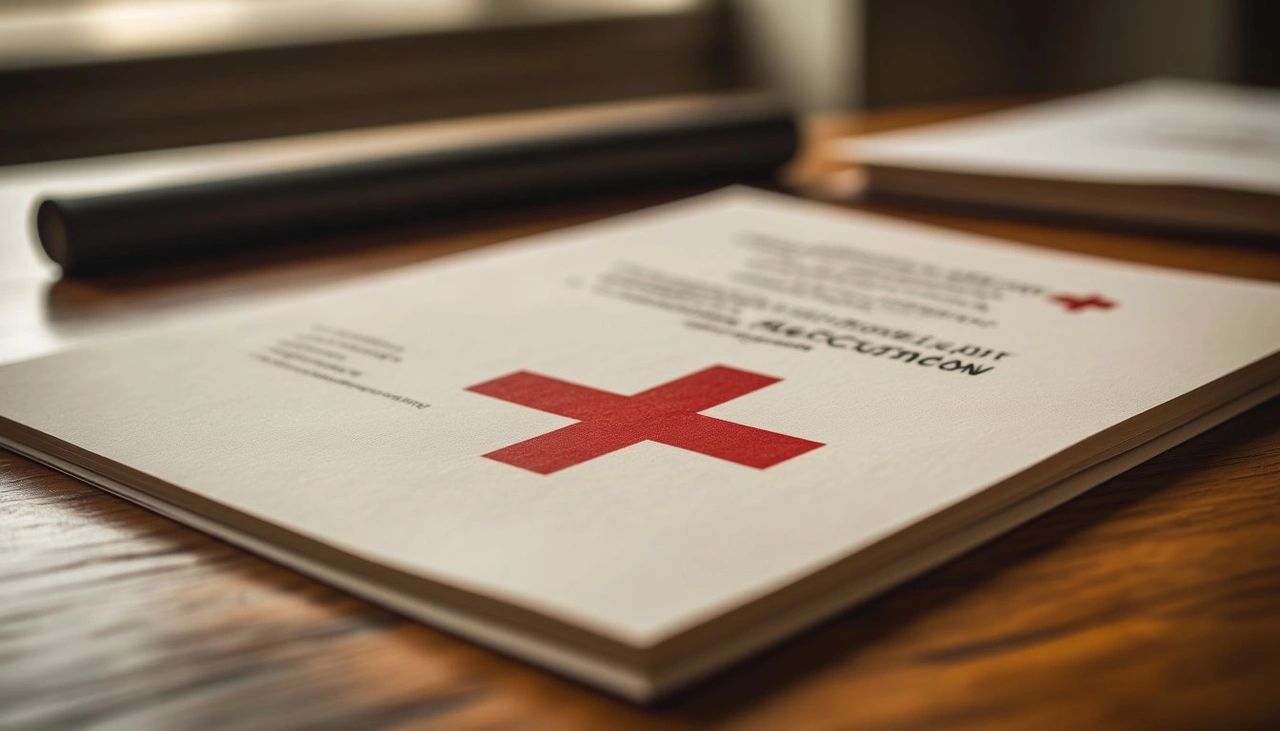
That’s why it's critical to analyze your chosen university's course requirements, especially in terms of ECTS credits and subject match. Mismatches will cost you both time and money.
👤 Who Needs a VPD?
Not all German universities require a VPD. Those that do will specify this on their official websites. On the Uni-Assist portal, you’ll find a complete list of institutions that participate in this pre-check process — currently around 170.
⏳ How Long Does It Take to Get a VPD?
The processing time ranges from 4 to 6 weeks, sometimes longer during peak application seasons. To avoid missing deadlines, apply early and monitor university-specific cutoffs.
🧩 How to Apply for a VPD: Step-by-Step Guide
Step 1: Gather Your Documents. You’ll need:
- Diploma or school certificate (original + certified translation into German or English)
- Academic transcript with grades and ECTS or credit hours
- Language proficiency certificate (German or English)
- Optional: CV, motivation letter, letters of recommendation, photo

Step 2: Register on Uni-Assist. Upload your documents online. If applying to multiple universities that use Uni-Assist, upload shared documents only once.
Step 3: Pay the Fee. You’ll pay online — €75 for the first university, €30 for each additional one.
Step 4: Wait for Confirmation. You’ll receive an email once your documents are under review. If something is missing, Uni-Assist will request additional files.
Step 5: Track Your Application. Log in regularly to check your application status. Once ready, download the VPD PDF — this is your green light to send everything to your chosen university.
💶 How Much Does VPD Cost?
- First application: €75
- Each additional application: €30
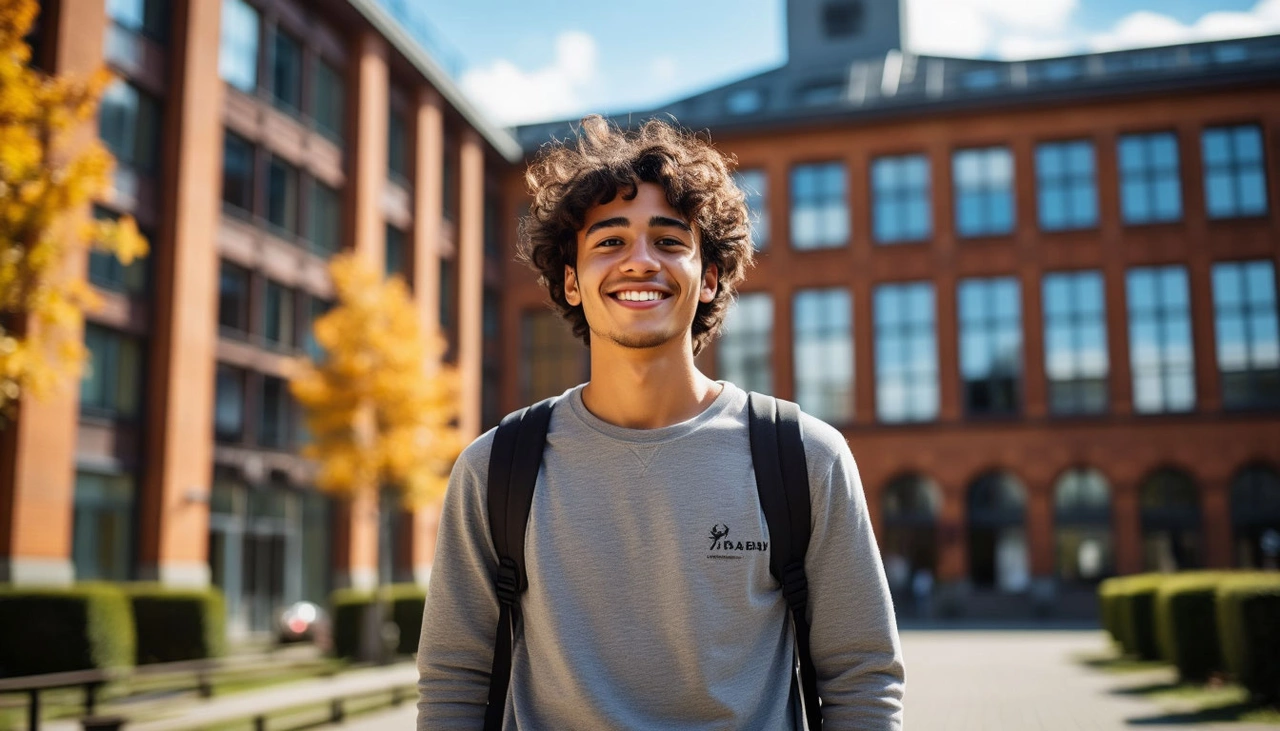
✨ What Is the DAAD Scholarship?
The DAAD (Deutscher Akademischer Austauschdienst) is Germany’s official Academic Exchange Service, a non-profit organization that funds international students and researchers pursuing master's or doctoral programs at public universities across Germany. Highly competitive and widely respected, the DAAD scholarship is a golden ticket to high-quality, tuition-free education and research opportunities.
In countries like Russia, only around 1 in 10–12 applicants successfully receive the award, making preparation and precision key factors in winning.

✅ Who Can Apply?
DAAD supports bachelor’s and master’s graduates who wish to continue their education in Germany in a relevant academic field. One important restriction is that your latest academic diploma (bachelor’s or master’s) must have been earned within the past 6 years. In addition to degree-seeking students, there are specialized research grants for PhD candidates, early-career scholars, and postdocs working on academic projects across diverse disciplines.
📝 Core Requirements
To be eligible, applicants must meet the following criteria:
- Language proficiency: B2–C1 level in German or English, depending on the language of instruction.
- Academic excellence: Strong grades and relevant academic background.
- University admission: You must provide proof of acceptance or enrollment at a state-accredited German university.
Keep in mind: your admission is not required before applying for the scholarship, but must be submitted to begin funding.
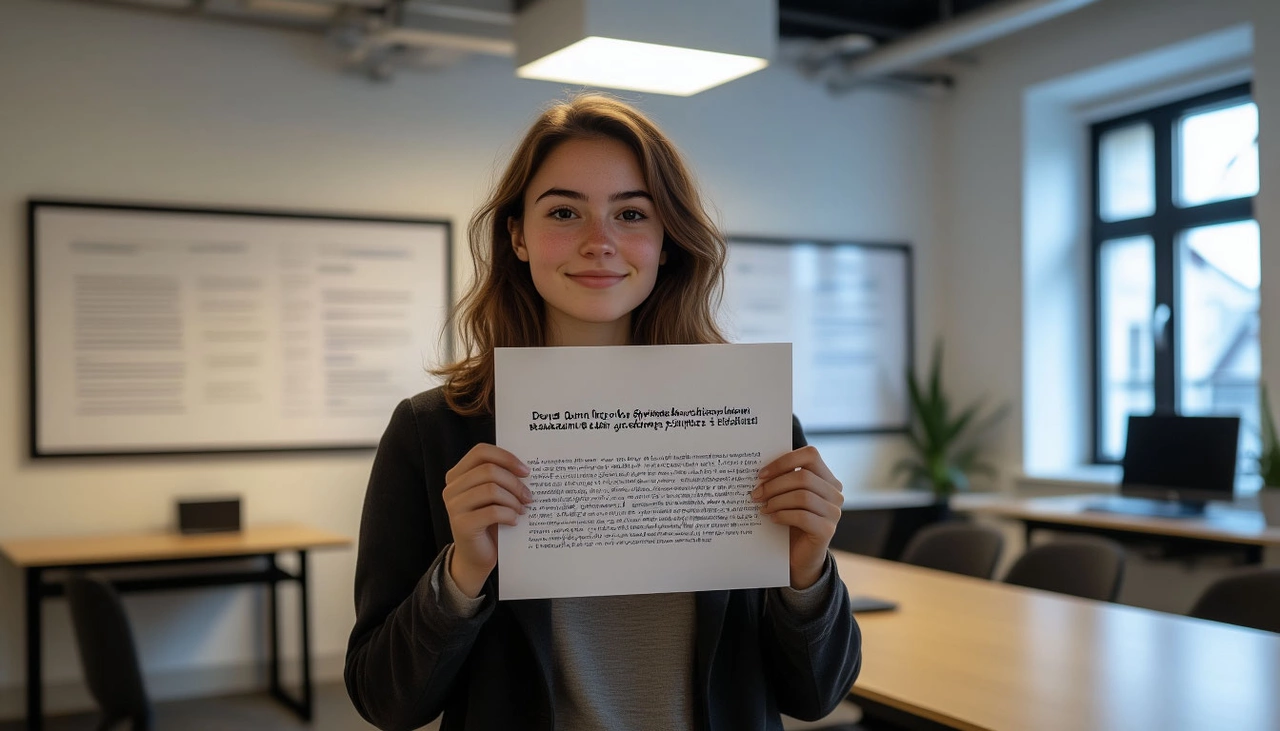
💶 Financial Support
DAAD offers a monthly stipend of €992, which aligns with Germany’s BaföG (federal student support scheme). The scholarship duration typically spans 2 to 4 semesters depending on the length of the study program.
Additional benefits include:
- One-time relocation allowance
- Partial reimbursement of flight costs
- Full coverage of health insurance
- In some cases, support for family members if they accompany the student
⚠️ Note: If you study at a private university, DAAD will not cover tuition fees. The program is designed for public higher education institutions.
📆 When and How to Apply
The general application deadline is November 15, but it may vary by program. Make sure to check the official DAAD Russia or international website for the specific timeline and up-to-date scholarship offers. You’ll need to prepare and upload your documents through the DAAD’s dedicated portal.
🛠️ Can You Work While Studying?
Yes! But there's a catch. If your earnings exceed €450/month, the excess will be deducted from your DAAD stipend. It’s best to take part-time work that’s compatible with your studies and visa conditions.

📂 Required Documents
The list is fairly standard but must be professionally prepared:
- Updated CV in tabular form (Europass recommended)
- Certified university diploma(s) and transcripts
- School leaving certificate
- Motivation letter (maximum 2 pages)
- Letter(s) of recommendation from academic supervisors
- Valid language proficiency certificate (TOEFL, IELTS, TestDaF, etc.)
- Optional: portfolio, publications, or documents showing social involvement or leadership
📚 Studying in Germany: What to Expect
Most public universities in Germany do not charge tuition, making the DAAD scholarship even more appealing. However, each semester, students must pay a small administrative contribution fee (usually €100–€350), which often includes public transport. Your academic life will revolve around research, lectures, and possibly internships. The German system values independence, so expect fewer contact hours and more self-directed learning.
The search for yourself begins the moment you quietly ask: “Is this really my life?” When everything on the outside seems fine, but inside — there’s an emptiness. You smile, you say “I’m okay,” you keep playing the familiar role… but one day, it stops working. Something inside whispers: this isn’t it.
It’s not a crisis. It’s an awakening.
You begin to sense that beyond your responsibilities, your status, and other people’s expectations, there’s something more. Not loud. Not flashy. But real. Deep. Alive. And this “something” won’t let you rest. It calls to you. Sometimes softly. Sometimes like a storm within.
Finding yourself isn’t always about a trip to the mountains or running away to Bali. It doesn’t have to be radical. Sometimes, it starts with something quiet: the craving for stillness. The decision to step out of the race. A simple question: “What truly makes me happy?”

You realize much of your life was never really yours. Chosen by fear, habit, pressure, or default. And so, you begin to reclaim your choices. First small ones. Then bigger. It’s not always easy. But it’s honest.
The path to yourself is rarely a straight line. Sometimes you move forward — then fall back. You doubt. You stumble. You get lost. But those moments aren’t failures — they are part of the way. Without them, you wouldn’t know what is truly yours.
To find yourself doesn’t mean to become perfect. It means to become honest. To accept your strength and your vulnerability. Your uniqueness and your shadows. To stop comparing. To stop apologizing. To stop shrinking yourself to fit.
You begin to listen to your inner voice. You notice when your “yes” is real — and when your “no” is self-betrayal. You learn to speak your truth. To act from your heart. To stay silent when you owe no explanation. And slowly, you begin to feel whole.
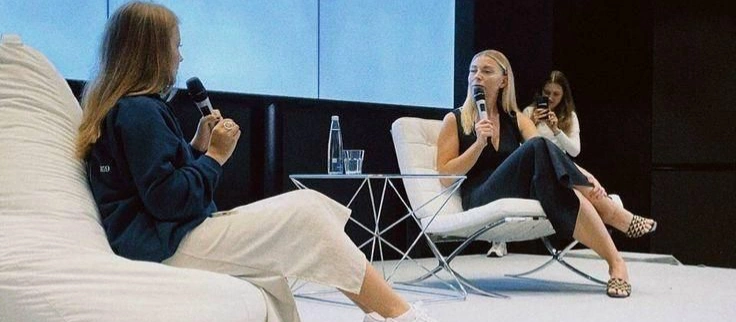
One day, you wake up and realize: you feel at peace. For no reason. Without needing applause. Without wearing a mask. Simply because you exist. Because you breathe. Because you feel. And that quiet presence — that grounded being — is the greatest thing you can ever return to.
Because you are not an outcome. Not a title. Not a role.You are a living process.And if you’ve realized that — you’ve already found yourself.
In today's world, education is no longer just about transferring knowledge from teacher to student. It’s a process where thinking, values, critical perception, and the ability to adapt are shaped. The age of technology challenges traditional teaching, but it also brings vast opportunities for those ready to embrace new ways of learning.
What is changing?Not long ago, chalk, blackboards, and textbooks were the core of education. Today, it's online platforms, interactive courses, digital labs, and AI. A student from a rural school can now access the same knowledge as someone studying at a top-tier university. The world is becoming more equal in terms of access to learning.

But challenges remain.Not everyone has access to technology. The digital divide is real — even in developed countries. Plus, many education systems still focus on memorization and standardized testing. Meanwhile, the real world demands flexibility, critical thinking, teamwork, and the ability to learn independently.
What can we do?We need to shift the paradigm. Education should go beyond facts — it should build thinking, creativity, and initiative. Learning shouldn't stop after school or university — it's a lifelong journey. In a world where knowledge becomes outdated quickly, the key skill is learning how to learn.

What can we do personally?– Support educational reforms and innovation.– Be examples: keep learning and inspire others to do the same.– Share knowledge freely and inclusively.– Remember: education is the foundation of the future — and the future is in our hands.
Schools focus so much on tests and grades — but what about heart?
When I was a kid, school was about reading, writing, and math. But also about how you treated others. Now, I worry we’re teaching children to memorize facts but forgetting to teach them to care. My grandson comes home knowing about fractions but sometimes struggles with sharing or saying sorry. Isn’t kindness the real foundation for any learning?

Empathy is a skill — and it needs practice
Being kind doesn’t just happen. It’s a muscle you build, like learning to read. Kids need to be shown how to listen, to understand feelings, and to help others. Without that, we risk raising clever but cold adults. I remember when my teacher explained why bullying hurts — it stuck with me forever. Today’s schools should make those lessons just as important as science fairs.

The world needs more kindness than ever
With so much noise online and in the news, children grow up faster and with more pressure than we did. Teaching kindness is not “soft” — it’s necessary. It’s what will help them navigate hard times, connect with others, and build a better future. I want my grandson to be smart, yes — but more importantly, to be a good human being.
